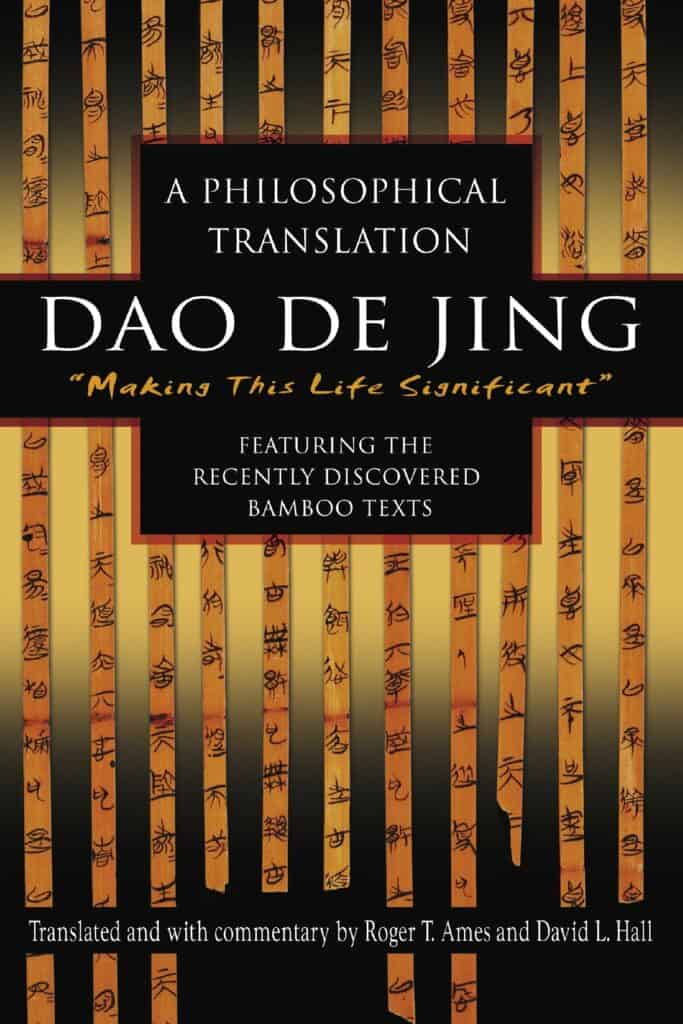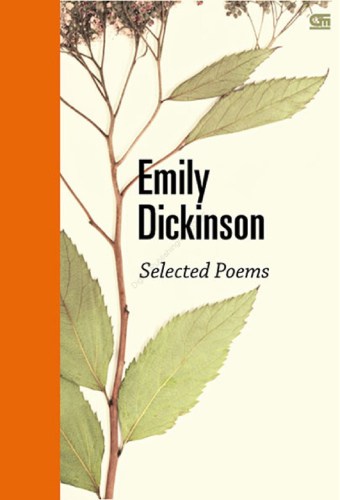Tao Te Ching

The Dao De Jing is attributed to Laozi, translated as “The Old Master,” a possibly fictitious legendary contemporary of Confucius. As such, the Dao De Jing is a response to Confucianism and its emphasis on social relations grounded in the family to create a harmonious cosmos. Daoism criticizes Confucianism here by claiming that the exclusive focus on proper social relations is an attempt to fix and concretize dao in a way that will ultimately backfire and miss the mark. While both Confucianism and Daoism emphasize wuwei (non-action), Daoism seems to expand the sage’s realm of focus beyond the merely societal to include nature and the entire cosmos. Later, Buddhism would combine its unique features with Daoism to produce Zen. This text is fascinating to anyone interested in texts as a way of being in the world.
Dickinson Selected Poems

In her imagery and in her diction, Dickinson captures the questioning nature of the human experience in her poetry. She grapples with questions of love, death, and eternity in a brutally honest way. Her poems appear to be incredibly straightforward, but there are multiple layers of meaning, and possible interpretations. The struggle and desire of a person trying to make sense of her place in the universe is palpable on the pages of Dickinson’s poetry. The poems are transformative because she captures beautifully, perfectly, and deceptively simply, the range of human emotion and wonder in her poetry.

